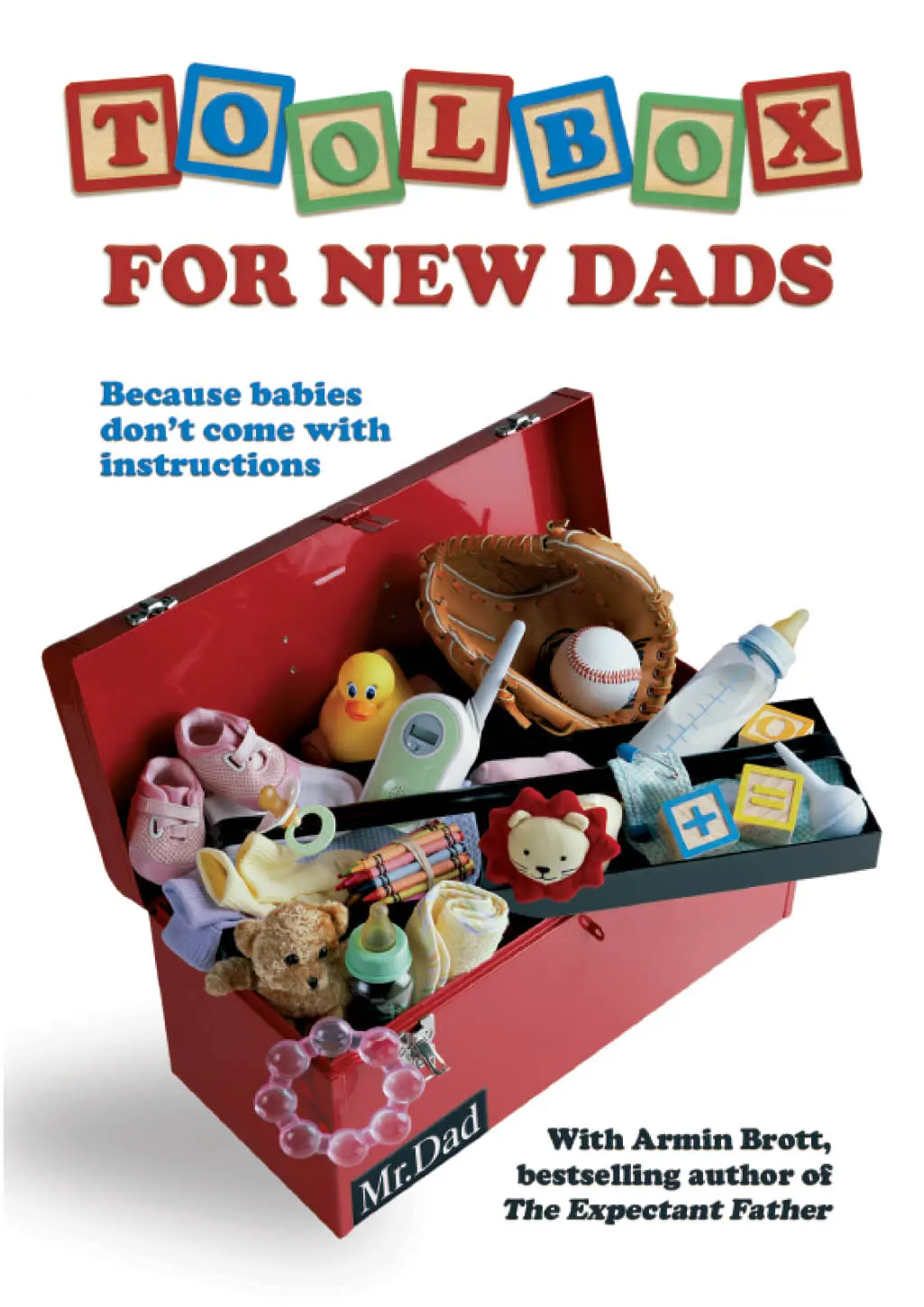Dear Mr. Dad: I'm pregnant and my husband and I find ourselves talking to our baby a lot. Sometimes we're sure he or she is responding to what we say. Are we imagining things?
A. Not at all. Although the very idea may sound a bit far fetched, fetuses are extremely responsive to sounds from the outside world. In one study, newborns whose mothers had regularly watched a popular soap opera while they were pregnant stopped crying when the show's theme song was played. Infants whose mothers hadn't watched the show had no reaction when they heard the music.
But why would mature grown-ups want to spend time trying to communicate with a fetus when he could be doing something else (in your husband's case, that could be out playing pool with his friends)? Simple. It's fun. Plus, it may be able to help you establish a bond with your baby even before he's born.
It might work the other way too, helping the baby establish a bond with you. This could be particularly important to your husband. Lots of fathers get jealous of the immediate connections their infants have with their mothers. But a good part of that connection might have more to do with the mother's voice (which the baby has heard every day for nine months) than anything else. If he spends some time "conversing" with your baby before she's born, she'll recognize and be more responsive to his voice.
Some researchers believe that prenatal communication (which, by the way, doesn't have to be limited to words), stimulates babies' brains, triggering nerve cell development, helping them process information more efficiently. In other words, they believe it may make babies smarter. They also contend (though not everyone agrees) that prenatally stimulated babies tend to cry less at birth, have longer attention spans, sleep better, are less likely to develop learning disabilities, turn out to be more creative and musical.
There's a lot of disagreement about the effects of prenatal stimulation or whether it even works at all (although no one says it can do any harm). So if you're thinking about giving it a try, here are few things to consider:
- Take it easy. Remind your husband that while it's great that he wants to communicate with the baby, but you've got a right to a little peace and quiet once in a while. On the other hand, keep in mind that some researchers have found that women whose babies are stimulated before birth have shorter labors and a lower rate of c-sections.
- Speak up. So speak loudly enough so that someone across the room can hear you.
- Keep it regular. Put yourself on a schedule so that the baby will get know that something's going to happen. Ease into it by patting your belly before you start. And don't go overboard. Half an hour twice a day is plenty. Fetuses need down time, just like regular people.
- Mix it up. Playing the same piece of music or reading the same haiku every day is great but throw in some variety too. Fetuses block out stuff that bores them.
- Don't get your expectations too high. There's no guarantee that anything you do will affect your baby in any way. But at the very least, have fun.
|
|
About the Author
Armin Brott hailed by Time as "the superdad's superdad," has written or co-written six critically acclaimed books on fatherhood, including the newly released second edition of Fathering Your Toddler: A Dad's Guide to the Second and Third Years. Armin Brott has just released a brand new DVD, Toolbox for New Dads ... because babies don't come with instructions!" Purchase it at www.mrdad.com/dvd/. His articles have appeared in The New York Times Magazine, Newsweek, American Baby, Parenting, Child, Men's Health, The Washington Post among others. Armin is an experienced radio and TV guest, and has appeared on Today, CBS Overnight, Fox News, and Politically Incorrect. He's the host of "Positive Parenting," a weekly radio program in the San Francisco Bay Area. Visit Armin at www.mrdad.com and listen to his podcast at http://mrdad.com/daddycast/.
|
About Us-
Contact Us -
Privacy Policy©2023 TheParentVine.com a brand owned by GADL Enterprises, LLC. All rights reserved.
TheParentVine.com earns commissions on products sold.



